The need for a digital clean-up day

VALA2022 KEYNOTE SESSION 5
Thursday 16 June 2022, 11:00 – 12:00
Gerry McGovern
- Writer, speaker, developer of Top Tasks
 Author of World Wide Waste
Author of World Wide Waste
Please tag your comments, tweets, and blog posts about this session: #vala2022 #k5
View the presentation recording and slides here:
Abstract
Humans produce enough electronic waste (e-waste) every year to build a Great Wall of China. And with the way e-waste is growing, in thirty years we’ll be able to build two Great Walls of China every year with e-waste. This is highly toxic waste and more than 80% of it is not properly recycled.
Much of the demand for technology is driven by the absolute tsunami of data that is flooding the world. By 2035, it’s estimated there will be more than 2,000 zettabytes produced. To print out just one single zettabyte would require paper from 20 trillion trees. (There are only 3.5 trillion trees on the planet.) 90% of data is not used. It’s trash.
Digital waste is invisible to millions. People think it’s all “in the Cloud”. There is an absolutely huge need for education. Libraries can help educate and train people in why it is so important to hold onto their devices for as long as possible and how to do that. Libraries could organize digital clean-up days, where people are trained in how to delete emails, images, social media posts, etc.
Biography
A highly regarded speaker, Gerry McGovern has spoken about designing simpler digital experiences in more than 40 countries. He has published eight books; his latest, World Wide Waste, examines the impact digital is having on the environment. He developed Top Tasks, a research method which helps identify what truly matters to people.
The Irish Times has described Gerry as one of five visionaries who have had a major impact on the development of the Web.
Gerry has appeared on BBC, CNN and CNBC television, partaken in various radio shows, and featured in numerous print media publications.
![]()
This work is licensed under a Creative Commons Attribution-NonCommercial-NoDerivs 3.0 Unported License.

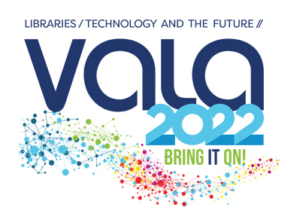
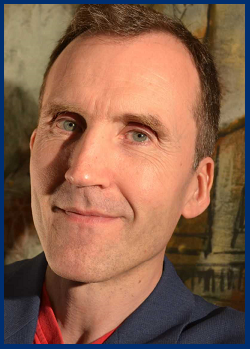
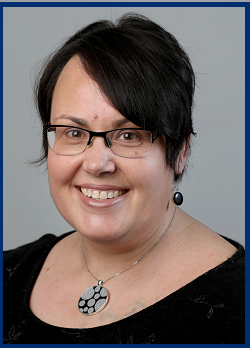
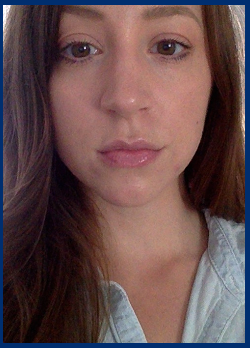
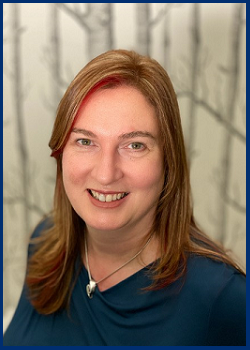

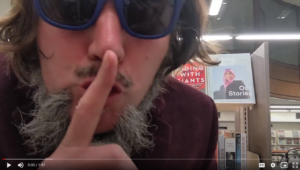
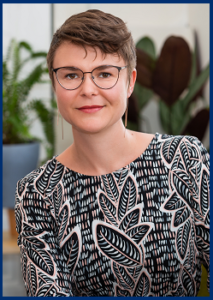 Dr Shasta Henry
Dr Shasta Henry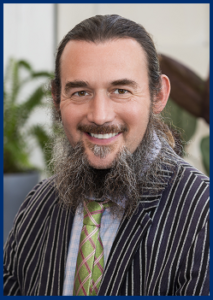 Will is a songsmith, MC and presenter with a passion for inspiring wonder and revealing the hidden potential in situations and gatherings. He has 17 years
Will is a songsmith, MC and presenter with a passion for inspiring wonder and revealing the hidden potential in situations and gatherings. He has 17 years